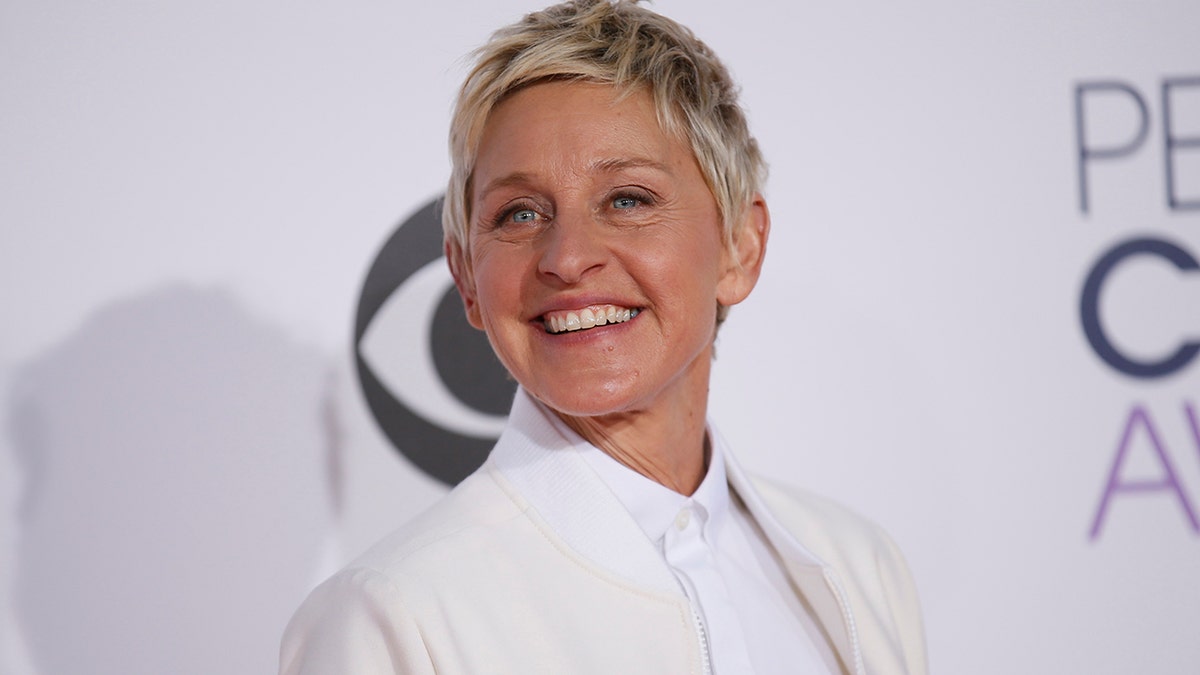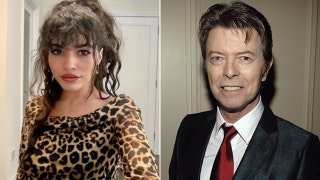
Ellen DeGeneres expands her lifestyle brand to include baby clothes and furniture. (Reuters)
Few people have had as much success in Hollywood as daytime talk show host and comedian Ellen DeGeneres. However, the star is now opening up about the incredibly difficult road she was forced to take to make it as an out celebrity in show business.
With an incredibly vast social media following, 59 Daytime Emmy Awards, a loving relationship with wife Portia de Rossi and a Presidential Medal of Freedom, DeGeneres’ star seems like it can’t get any bigger. However, for the 59-year-old comic, it doesn’t feel like that long ago that she was having her name and reputation dragged through the mud for coming out as a lesbian on the cover of TIME in 1997. Things would get so bad that she’d lose her sitcom and be forced to move out of L.A., which she recently chronicled in an interview with Good Housekeeping.
“The bullying I endured [in Hollywood] after I came out made up for the lack of it during my childhood," she said of losing the status she worked hard for. "I moved out of L.A., went into a severe depression, started seeing a therapist and had to go on antidepressants for the first time in my life," she says. "It was scary and lonely. All I'd known for 30 years was work, and all of a sudden I had nothing. Plus, I was mad. It didn't feel fair — I was the same person everyone had always known."
Fortunately, with so much time having passed, the star went on to explain that she’s learned to understand the point of view of those that wronged her in the past, and has found a way to forgive them.
“Anger and aggression weaken you, because they take so much energy to hold in place,” she said. “But kindness is a strength [that] makes you more serene.”
DeGeneres built her career from the ground up twice. The first saw her struggle in the comedy world to develop her voice and then find an audience. Soon after, she had to do it again after she made the decision to not only publicly come out, but to allow her character, Ellen Morgan, to do the same. As Vanity Fair previously noted, Morgan became the first gay lead character on TV in a time when LGBTQ characters were mostly ignored or treated as tragic figures.














































